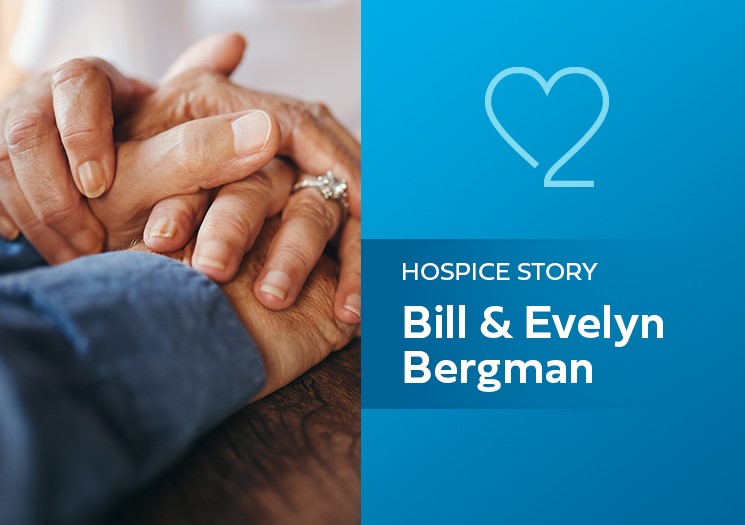- Find a Provider
-
Services
-
Redeemer Health provides compassionate care across every stage of life.
- View all Services
- Health Care
- Cancer Care
- Heart Care
- Hospital at Home
- Maternity Care
- Infusion Therapy Center
- More Health Care Services
-
- Patients & Visitors
- Locations
- Careers
Reducing Your Fall Risk
September 22, 2021
categories:

Each year, millions of older adults over the age of 65 suffer from a fall, some sustaining serious injuries that impact their quality of life, mobility, and function. Understanding how certain health conditions can increase your fall risk is key to avoiding the most likely causes of falling. According to the National Institute on Aging, 6 out of every 10 falls happen in the home. Taking steps to hazard-proof your home can help eliminate risks and make it a safer environment for you and your loved ones.
Discover the Cause
If you feel unsteady on your feet or are experiencing balance issues, schedule an appointment with your physician to discuss any health conditions that may be increasing your risk of falling. Discuss your medications, including prescriptions, over-the-counter drugs, and supplements. Some may cause dizziness or drowsiness, which can increase falls. Be prepared to talk with your doctor about certain health conditions that may affect your balance. For example, do you experience joint pain, numbness in your legs or feet, or shortness of breath? Certain ear and eye conditions (such as cataracts or glaucoma), may also increase your chance of falling. Get an annual vision exam and update your prescriptions as needed.
Staying physically and mentally active is linked to improved cognition, stability, balance, and strong muscles. Tai chi and yoga are particularly beneficial mind-body exercises that can help prevent falls in older adults. Talk with your doctor about the amount and type of physical activity you should incorporate into your daily routine.
Create a Safe Home Environment
Keeping your home hazard-free is one of the best ways to prevent falls, and there are easy ways to make your home safer. The Centers for Disease Control and Prevention has a Home Fall Prevention Checklist, and its items include:
- Removing clutter, electrical cords, and below-eye-level furniture (such as coffee tables) from your walking path to avoid tripping.
- Making sure furniture is at the right height to avoid overreaching and placing items easily within reach.
- Keeping your home brightly lit and make lighting easily accessible. Place a lamp within arm’s reach of your bed. Turn on lights before going up or downstairs, and install nightlights in your bedroom, bathrooms, and hallways.
- Avoid slipping by securing loose rugs, using nonslip mats in your bathtub or shower, and cleaning up spills immediately.
- Add handrails on the stairs and grab bars in the bath and shower.
When to Consider Assistive Devices and Rehabilitation Services
If you’re at an increased risk of falling, your doctor may recommend assistive devices to keep you mobile and maintain your balance. Canes and walkers increase stability when you walk, while bathroom items such as a raised toilet seat and bath seat for showering make these activities safer when standing is a challenge. Handrails on both sides of the stairs and grabbers for items on shelves and floors are other beneficial assistive devices to help maintain independence. Your doctor may recommend occupational therapy or physical therapy in the home to ensure preventative measures are in place and to create a program to improve your mobility.
Your physician may also prescribe occupational and/or physical therapy. These therapists will evaluate your needs and develop a customized program to fit your goals and abilities. Occupational therapy helps patients achieve and maintain independence in daily activities. Physical therapy improves and restores mobility, movement, strength, flexibility, balance, and coordination.
Redeemer Health Home Care offers a full range of rehabilitation programs and services that care for patients at every stage along their health care journey. Providing an assessment within your home offers greater insight into your needs within your own environment. Our team of clinicians can help patients implement preventative strategies to reduce the risk of falling and develop a customized plan to safely manage daily activities.
If you have questions about Redeemer Health Home Care, please visit our website, redeemerhealth.org/homecare, or call 888-678-8678.



